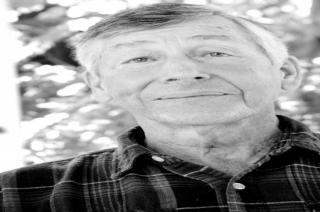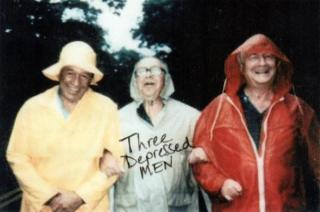A new book in honor of Sheldon Hackney features essays of the historian and public intellectual who ended up working in high profile administrative positions, and a southerner who wound up living on an Island north of the Mason-Dixon line.
Sheldon Hackney
2014
2013
When I think of Sheldon, what always comes first to mind is what a nice man he was. He was the epitome of masculine niceness, the kind of person we call a “true gentleman.” And of course he had that Southern accent and gracious manners, which made him all the more charming. He was attentive, friendly, humorous and courteous. That he was smart and well-informed was just a bonus.
When Lucy Durr was a high school junior in Montgomery, Ala., her older first cousin, John, invited her to a party. There John introduced Lucy to his good friend Sheldon Hackney, a college junior.
Sheldon Hackney, a noted historian, humanitarian and longtime Vineyard resident, died Thursday, Sept. 12, at home, surrounded by his family. He was 79. The cause was amyotrophic lateral sclerosis (ALS), also known as Lou Gehrig’s disease.
Mr. Hackney was a well-known figure on and off the Vineyard. Born in Alabama, he was a professor of Southern history who became president of Tulane University and later the University of Pennsylvania and served as chairman of the National Endowment for the Humanities during the Clinton administration.
2012
Through conversation and rainy walks around West Chop, Art Buchwald, William Styron and Mike Wallace — dubbed The Blues Brothers — battled depression together.
And then the three men, each luminaries in their field — Mr. Buchwald, a humorist, Mr. Styron, a novelist, and Mr. Wallace, a journalist — took their struggle with mental illness public, using their talents and fame to lessen the stigma of depression and other illnesses.





